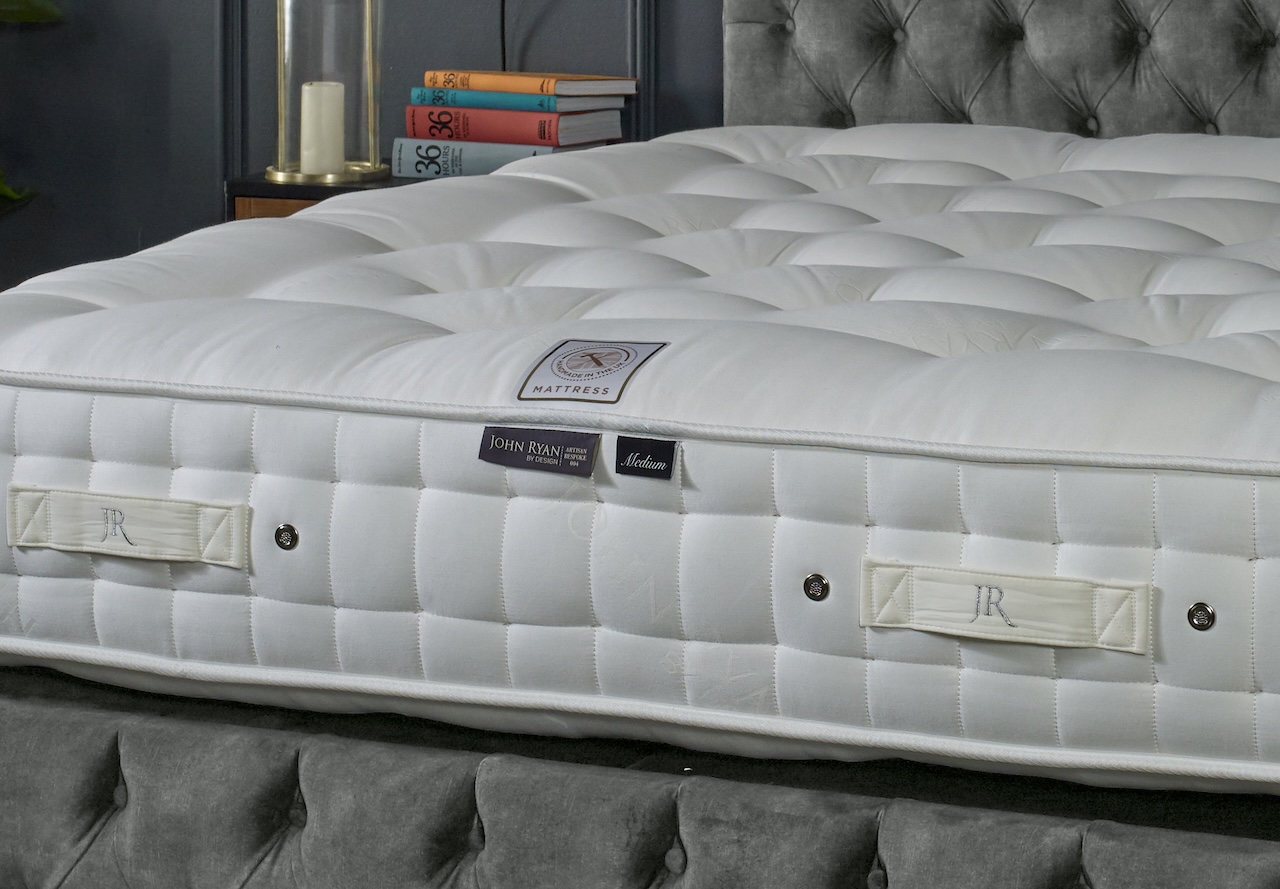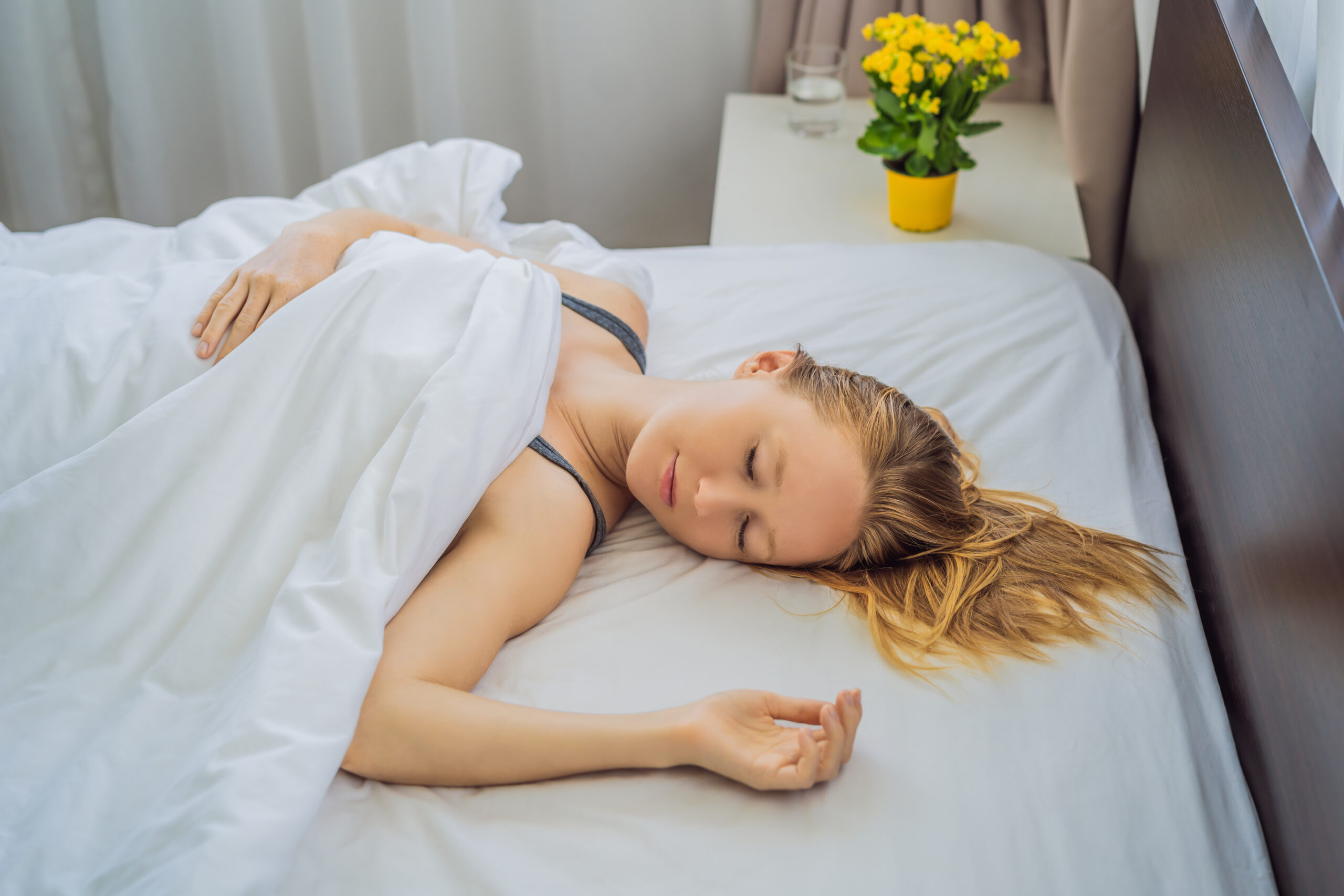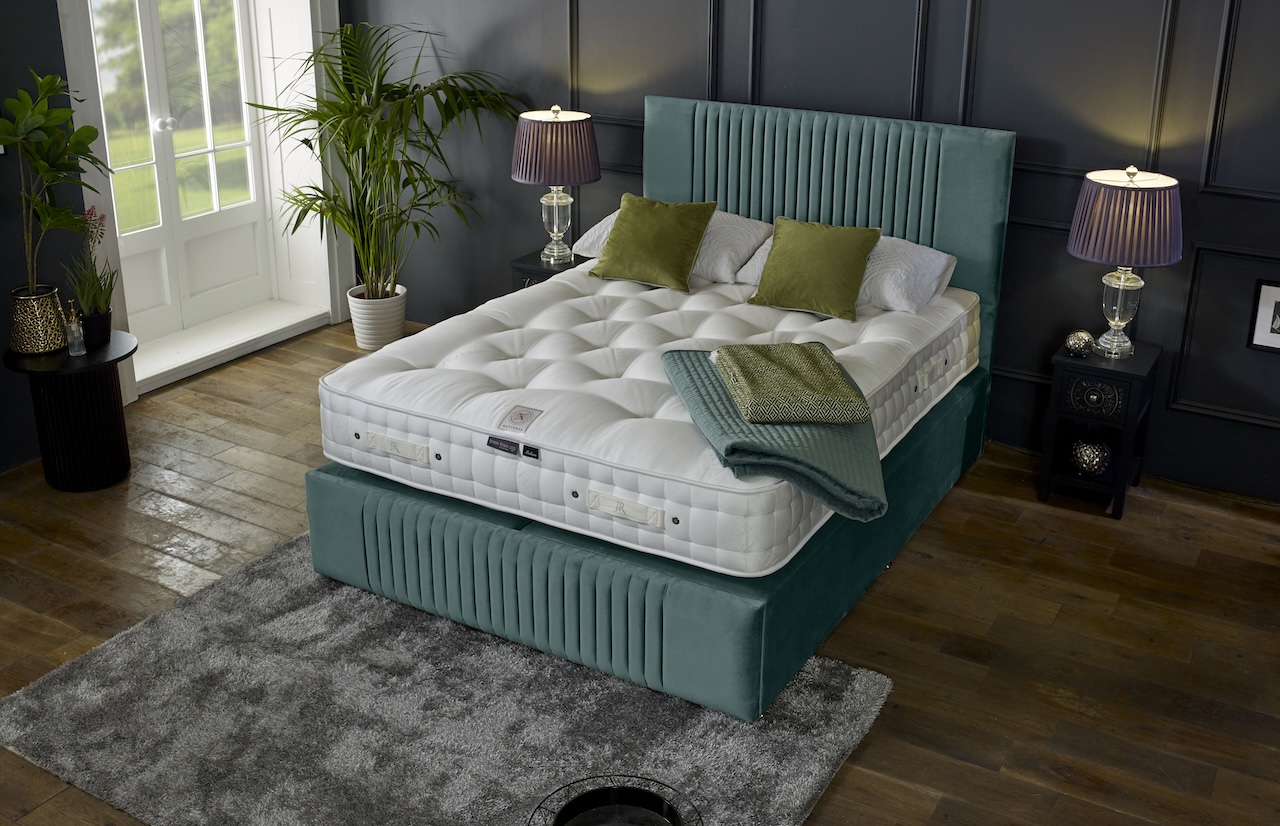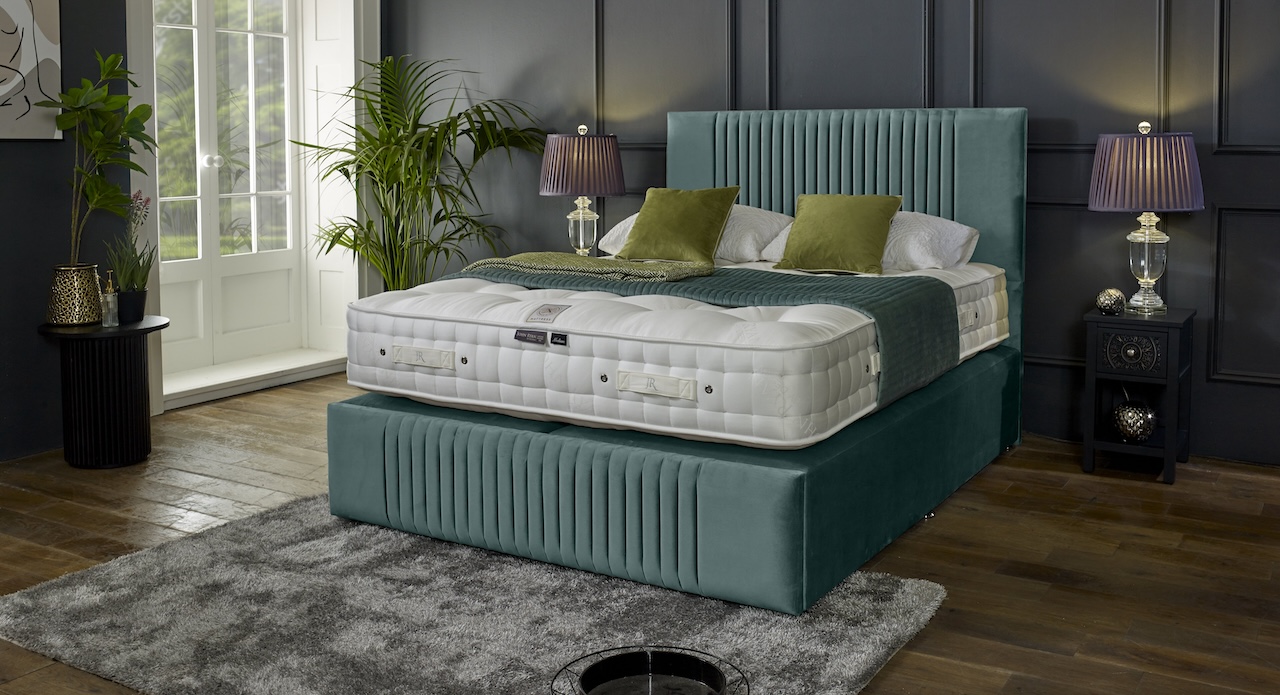Mattress Science
December 2023Can You Get a Fever from Being Too Hot in Bed? Exploring the Risks
Our bodies have a sophisticated system for regulating temperature and maintaining a relatively stable internal environment is crucial for overall health. But sometimes during the night, we can wake up sweating, dizzy and feeling like we’re coming down with a fever.
But can hot sleeping actually lead to contracting a fever or is this a myth? We first need to understand how our bodies regulate temperature during the night before explaining our conclusion.
Understanding Body Temperature Regulation
The human body operates within a remarkably narrow range of internal temperatures to maintain optimal physiological functioning both when awake and asleep. The intricate system responsible for regulating body temperature is orchestrated by the hypothalamus, a crucial region in the brain. Acting as the body’s thermostat, the hypothalamus continuously assesses the internal environment and orchestrates responses to keep the body temperature around 98.6 degrees Fahrenheit (37 degrees Celsius). It does this with remarkable accuracy, think of it as climate control whilst we sleep.
How does the body regulate temperature at night?
The process of thermoregulation (regulating the body’s temperature) involves a delicate balance between heat production and heat dissipation. This is especially true when we sleep, given we can’t take layers off or adjust the heating during our subconscious sleep stages.
When the body generates more heat than it releases, the core temperature rises (making us feel warmer in bed), and when it loses more heat than it produces, the core temperature drops (making us feel colder in bed).
Several mechanisms contribute to this dynamic equilibrium of keeping your sleep temperature optimised:
A) Evaporation
Sweating is a primary mechanism for dissipating excess heat. As sweat evaporates from the skin’s surface, it extracts heat from the body, promoting cooling. However, this can lead to damp bedding and issues with mattress mould if not controlled in the bedroom.
B) Radiation
The body emits infrared radiation, releasing heat into the surrounding environment. This process is particularly effective when the surrounding air is cooler than the body. This works similarly to a room radiator emitting heat out of the body to cool down and warm up the surrounding air.
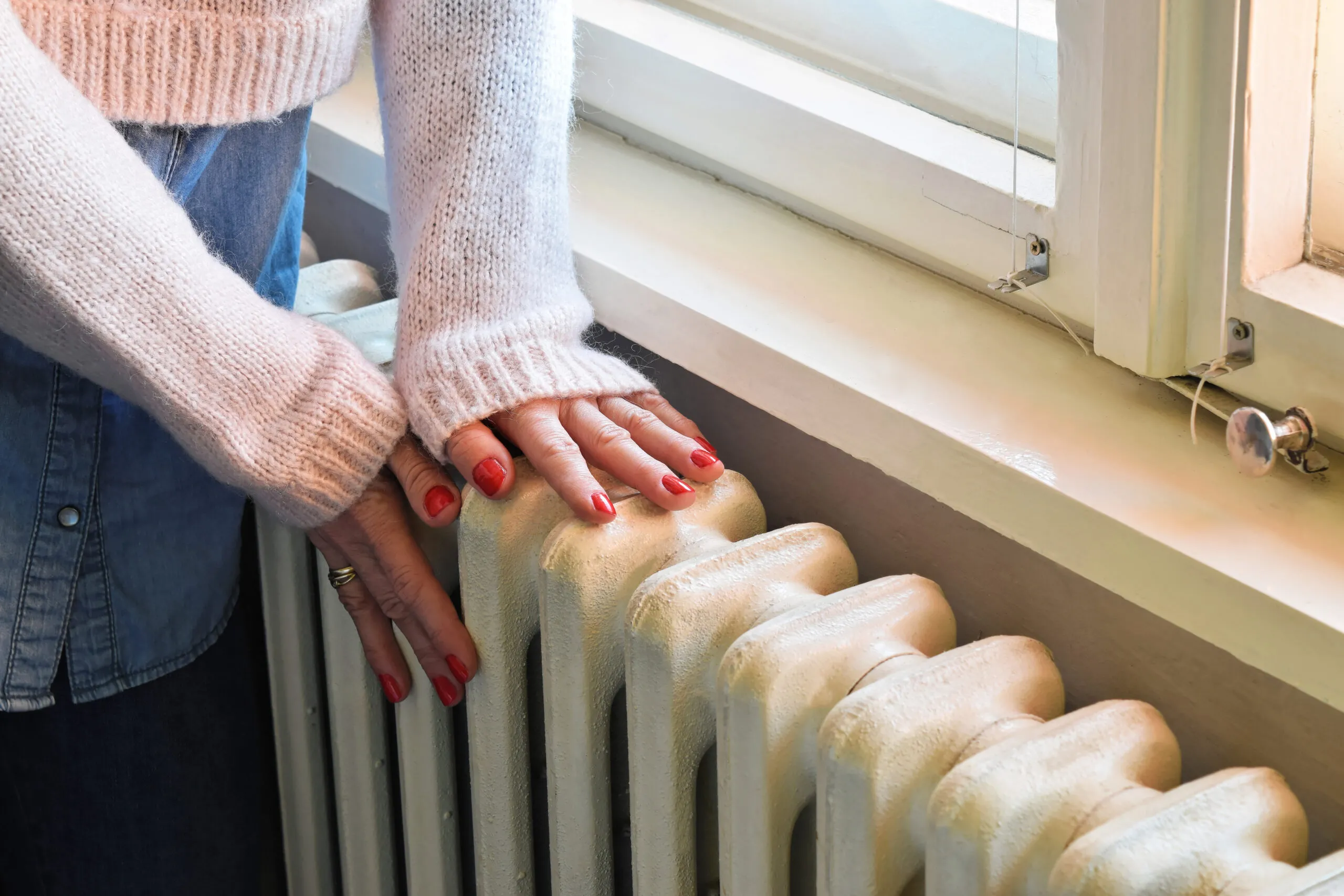
C) Conduction and Convection
Heat can be transferred through direct contact with cooler surfaces (conduction) or through the movement of air or water across the skin (convection). This is why sleeping without the central heating on can help, as the atmosphere is cooler than the body allowing better regulation of body heat during the night.
D) Metabolic Processes
The body continuously generates heat as a byproduct of metabolic processes, such as the conversion of food into energy. This internal heat production is essential for maintaining core temperature. Which is why you should always avoid eating just before going to bed or exercising.
E) Vasodilation and Vasoconstriction
Blood vessels play a crucial role in temperature regulation. Vasodilation, the widening of blood vessels, facilitates heat dissipation, while vasoconstriction, the narrowing of blood vessels, conserves heat. Hot baths an hour or two before bed help vasodilation which can help you naturally drift off to sleep.

Understanding these mechanisms provides insights into how the body responds to changes in the external environment, such as variations in room temperature during sleep. Additionally, individual factors such as age, sex, and health conditions can influence the efficiency of these thermoregulatory processes, contributing to the variability in how people experience and cope with temperature fluctuations during the night in bed.
But what external factors may make you feel like sleeping hot results in a fever?
Factors Contributing to Feeling Too Hot in Bed
Hot sleepers will testify just how uncomfortable and sickly being too hot in bed can be. Hot sleepers report poor sleep patterns and tiredness during the day from being woken up to remove covers (as thermoregulation struggles to keep them cool). For a lot of sleepers, this issue of sleeping hot nearly always involves changing bedding and your mattress to more breathable solutions. Sleeping super hot can make you feel feverish but is there a way to reduce this?
There are other factors we need to consider in helping hot sleepers sleep cooler at night and reducing the feeling of fever:
1) Ambient Temperature
The room temperature plays a significant role in how hot or cool we feel during sleep. High room temperatures, especially in the absence of proper ventilation, can contribute to discomfort. Ideally, your bedroom should be between 15-18.5 degrees Celsius when you go to bed. Central heating or air-con should be turned off during the night to stop you from getting too hot or drying out your airways.
2) Bedding Material
The choice of bedding materials can impact thermal comfort. Fabrics that trap heat, such as heavy comforters, may lead to increased warmth during the night. Always choose natural fibres such as 100% cotton over polyester or nylon.
3) Sleeping Attire & Pyjamas
The type of clothing worn to bed can influence body temperature. Wearing heavy or insulating sleepwear may contribute to feeling excessively hot. Whilst those super cute cosy pyjamas make feel and look lovely when sitting on the sofa or snuggling up to watch TV they are often not suitable to sleep in. Why? Because they are usually made of synthetic fibres which retain excessive amounts of heat.
Sometimes it’s better to have a heavier tog duvet and sleep in just your underwear to enable your body to better regulate its temperature.
4) Sleepers Metabolic Rate
Individual variations in metabolic rate can affect how the body generates and dissipates heat. Some people naturally produce more body heat than others. This is where changing duvets for lighter natural fibre sheets like cotton or wool can help.
5) Mattress Type to sleep cool
The last culprit which makes sleepers burn up with feverish temperatures at night is manmade foam. Memory foam mattresses are notorious for bringing almost satanic amounts of heat to the bedroom. This is because memory foam is vasco elastic foam that retains and needs heat to mould. This means a memory foam bed will always keep you hotter at night than any other material. No amount of cotton bedding or ventilation will help as sadly memory foam is also the least breathable of all mattress materials.
Our advice is to always pick a pocket-sprung natural fibre mattress like our Artisan Naturals mattress. Fully breathable, turnable and guaranteed to help wick away any nighttime fluctuations in temperature. Perfect when paired up with 100% natural cotton sheets too.
| John Ryan By Design Artisan Naturals | |
|---|---|
| 1 | 1200gsm Blended British Fleece Wool and Cotton. |
| 2 | Hairproof Cambric Cover |
| 3 | 1250gsm Rebound Poly Cotton |
| 4 | 1500gsm 100% Pure Mohair |
| 5 | 1600 Calico encased Pocket Springs [ 49mm ] [1.28mm ] |
| Total GSM | 3950gsm |
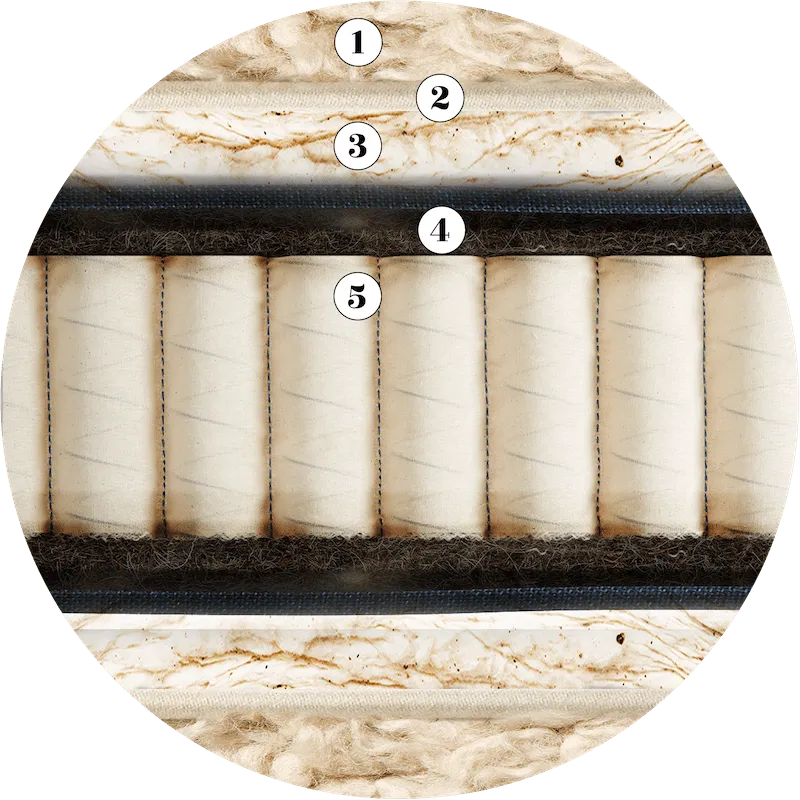
Can Feeling Too Hot in Bed Cause a Fever?
It’s important to note that feeling too hot in bed does not directly cause a fever. Fevers are typically a result of the body’s response to infection, inflammation, or other medical conditions. The perception of being too hot may be uncomfortable, but it is distinct from the physiological processes associated with a fever.
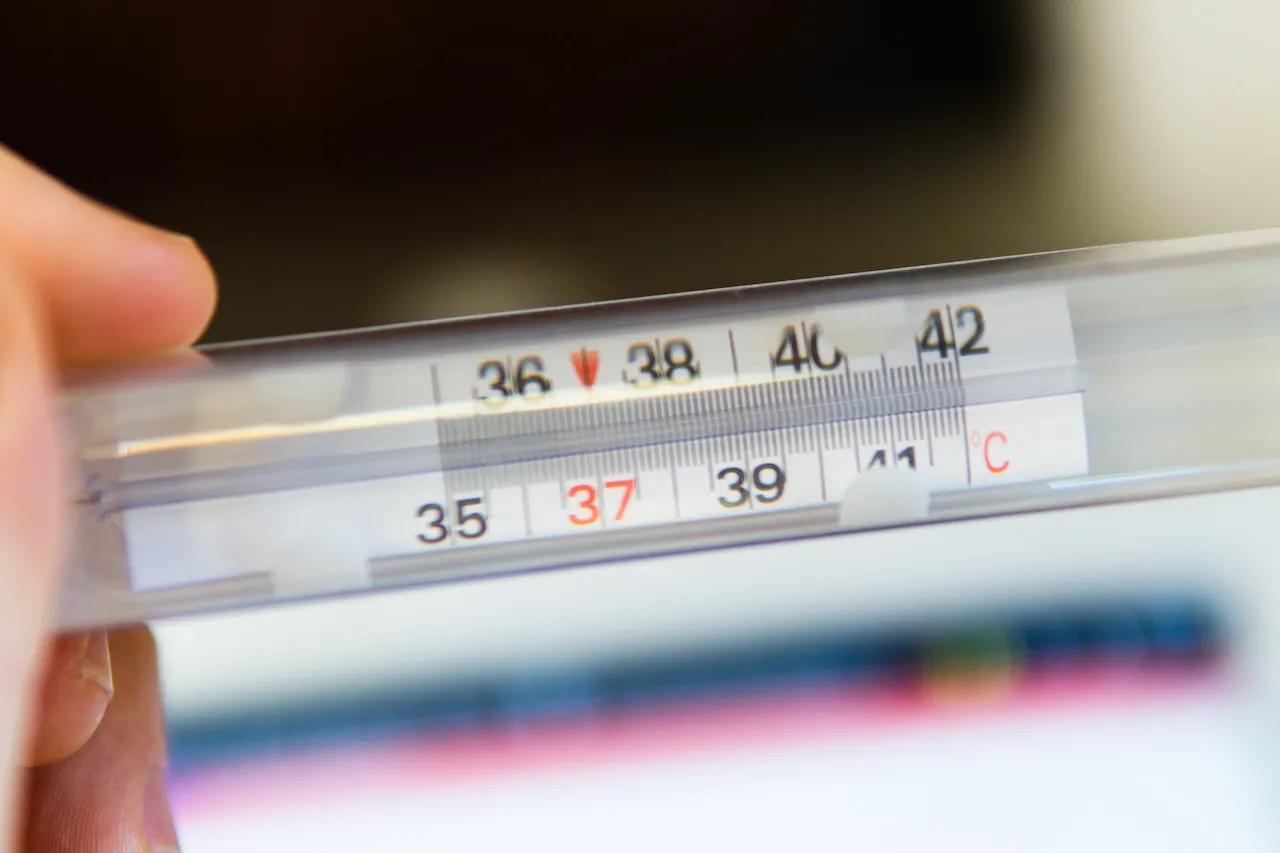
So you can rest assured that no matter how hot you sleep, i.e. due to a heat-retentive memory foam mattress, this uncomfortable sweaty sleep experience will not cause an actual fever.
Whilst sleeping hot doesn’t cause a fever it’s not comfortable or conducive to healthy living either. Especially if sleeping hot is keeping you awake at night and causing irritability the next day from lack of sleep.
Tips for Better Sleep Temperature Management
We now know that even the hottest sleeping conditions will not alone cause you to have a fever. This is good news for most but sleeping excessively hot is not good for your overall well-being or sleep hygiene. If you’re a hot or cold sleeper at night the following tips can help you regulate your body temperature for a better night’s sleep.
i) Optimal Room Temperature
Keep the bedroom at a comfortable temperature, ideally between 60-67 degrees Fahrenheit (15-18.5 degrees Celsius), to promote restful sleep. If it’s hotter than this it can lead to night sweats, dry mouths, irritated sinuses and disruptive sleep, not to mention wasting money on expensive heating bills!

ii) Choose Breathable Bedding
Choose lightweight, breathable bedding materials, such as cotton or linen, to facilitate better air circulation and temperature regulation. Natural fibres are highly wicking compared to manmade synthetic fibres like polyester and padded foams. Whilst they are more expensive they are longer lasting and can regulate your temperature far more efficiently.
| Natural fibre | Breathability/Temperature Regulation |
|---|---|
| Bamboo | High / Excellent |
| Cashmere | High / Excellent |
| Cotton | Medium / Excellent |
| Silk | Medium / Medium |
| Wool | High / Excellent |
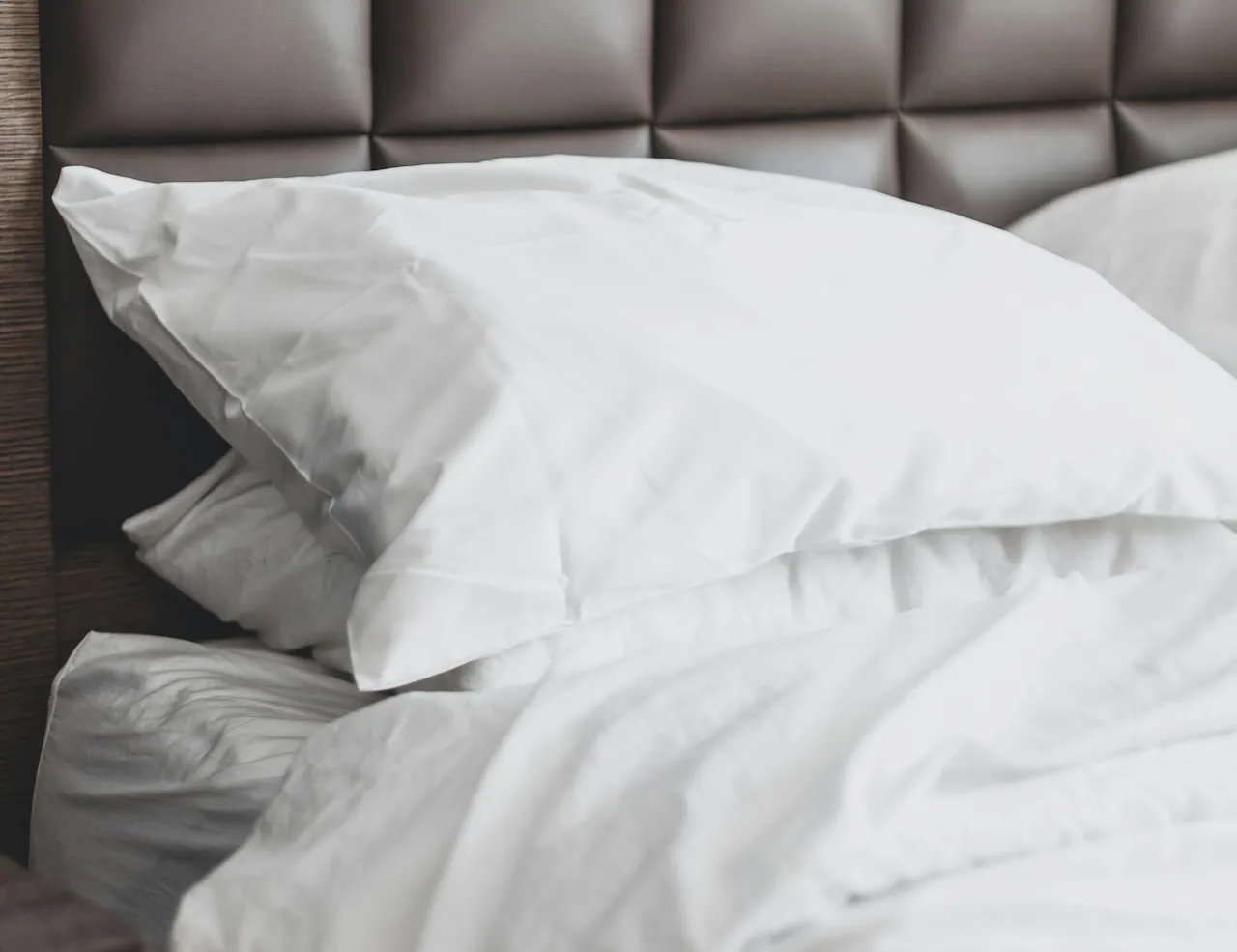
iii) Bed Layering Options
Use layers of bedding that can be easily adjusted to accommodate changes in temperature throughout the night. Especially with cotton sheets or comforters that can be adjusted rather than one super thick duvet. This is also true for any sleepwear or Pyjamas. Make sure Pyjamas are made from natural fibre and are loose fitting so aid with ventilation and body temperature adjustments.
Summary
While feeling too hot in bed can be disruptive to sleep, it’s crucial to differentiate between discomfort and the onset of a fever. Understanding the factors contributing to excessive warmth during sleep and implementing strategies for better temperature management can help enhance the overall sleep experience. As always, if persistent sleep disturbances or concerns about fever arise, it’s advisable to consult with a healthcare professional for personalized guidance.
Sleeping hot cannot cause a fever but lead to that hot uncomfortable feeling of a fever. So it’s best to make bedroom tweaks either to your mattress or bedding to better help you stay cooler at night.
Do you have questions about sleeping better at night? Want to swap your old uncomfortable mattress for a more suitable cooler natural fibre mattress? Then why not get in touch with our friendly team of experts on 0161 437 4419. You can also browse our online shop of handmade luxury mattresses.
Sleep tight.

Dreaming of the perfect nights sleep?
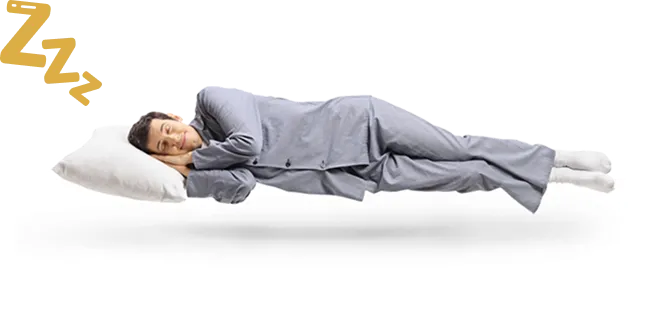
Ask us a question
There are over 6000 questions and answers submitted by you on all questions about mattresses and bed problems. Enter a keyword such as Vi Spring, John Lewis beds, bad back or Memory Foam and see if your question has already been answered.
If you can’t find an answer in knowledge hub, ask a new question. We aim to respond to all questions within one working day.
Newsletter
Enter your email to join our newsletter. We’ll send you occasional news and mattress expertise.

